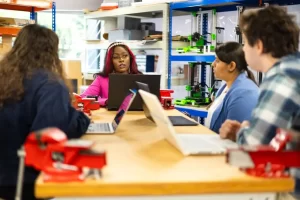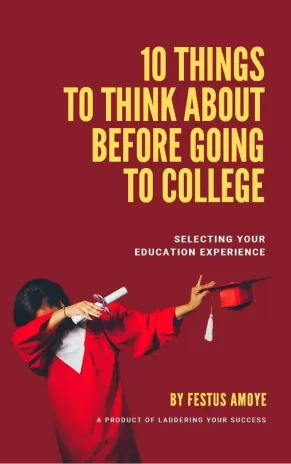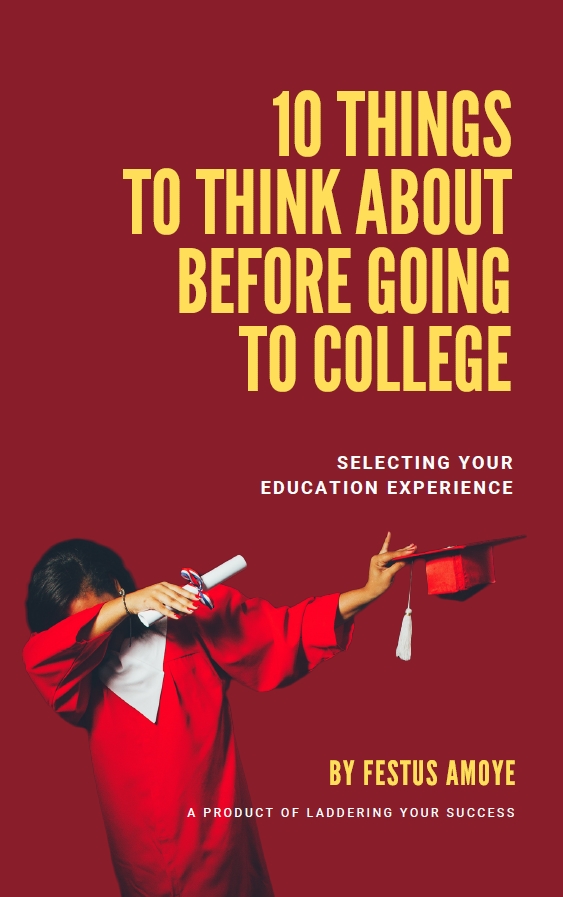Dear America,
Since as early as the 1930s, educational opportunity has been seen as the great equalizer in our society. What we’ve seen is anything but that. Although we’re progressing in educational access, COVID-19 exposed serious access and accountability gaps as it took homes and made them academic islands. That meant Hawaiian-style relaxation for some, but it meant Alcatraz-style fear for others.
There will always be varying abilities and advantages; we’ll always see disproportionate student outcomes, which is okay; what isn’t okay is a tax-funded failure. Here are a few things policymakers, educators, and administrators should consider shaping the future of education:
1. Get back to basics
When you look into the definition of education from Latin, it means to lift caution or care. So education should focus on the uplift of the students, the parents, teachers, the community, and society, rather than the intense focus on standardization. This takes a strong spiritual and emotional connection towards education and career readiness from all the stakeholders towards the student’s success.
I was once asked if teaching 12-13-year old inner-city students about careers was too early and too much pressure. No. Not when in their neighborhoods are those students exposed to illicit drugs, gangs, and pressured into sex which will have lifelong impacts on how they and society view themselves. This means raising children with a strong sense of being a parent. To a teacher, this means including the character in the curriculum. This can only be done by integrating character, values, and principles into the classroom and reinforcing them throughout the community. COVID showed us that some teachers had as little as 30% participation.
2. Bet on the future.
This means taking a significant risk that students can and will make a better and more just society if they’re truly free to learn. We must give up rigorous academic testing that focuses on a predetermined standardized outcome for that to happen. Then focus on the transparent, curious development of the individual student.
That means students know several things; knowing how they learn best, what resources are available, and how to use them. This creates a lifelong learner who can actively participate in the process rather than be caught up in the process of academic achievement because academic achievement alone doesn’t fix flat tires.
3. Develop “can-do” attitudes
Right now, we’re surrounded by opportunities. Technology is making the world smaller, and opportunities fill in quicker. American public education, as a whole, hasn’t moved one inch in the direction of the rest of the world. Savvy young game players make millions playing Fortnite, but our education system is still trying to force kids to ask permission to go to the bathroom! Success evades those waiting for approval because there’s always resistance to progress.
Teaching students to strive for excellence and seek the best way of doing any task should be the goal. That means setting and maintaining high classroom standards while expecting the same. As Kanye West said, “If you reach for the stars and miss, you’ll land on a cloud.”
In short, encouraging students to study only academically stunts their growth in areas that support academic success. Students will require holistic support that guides and empowers them beyond academia. It is insanely important to look beyond a purely academic setting for the skills needed in the 21st century.









